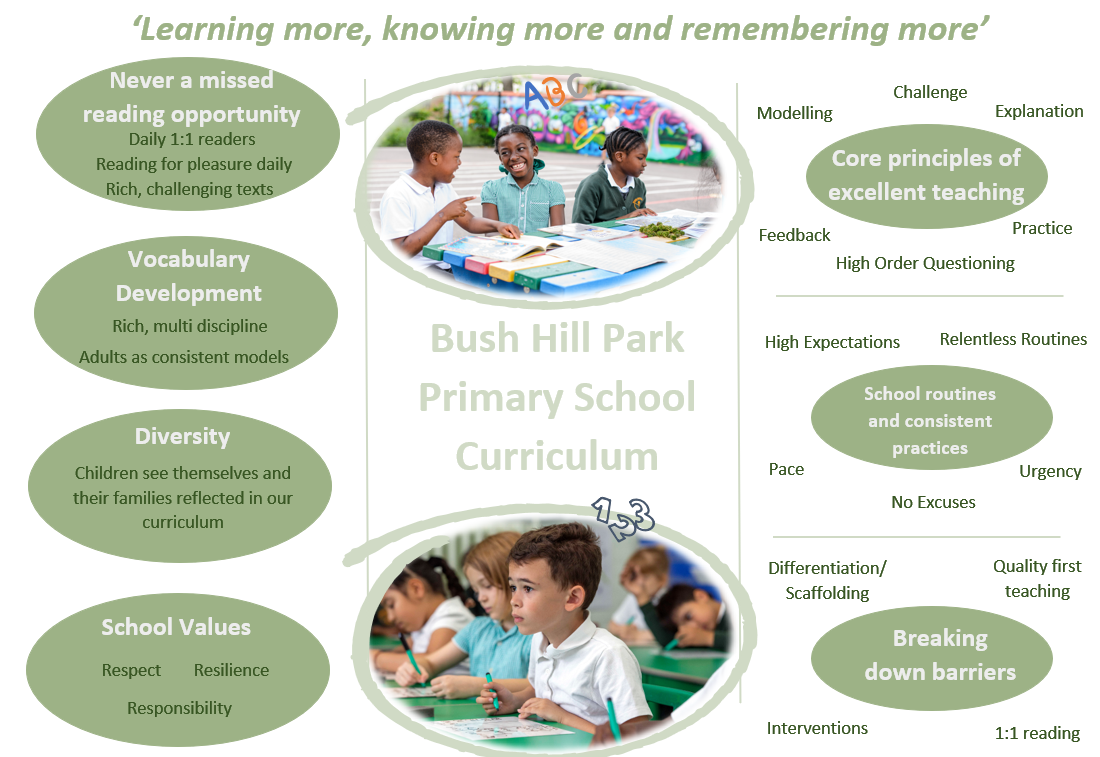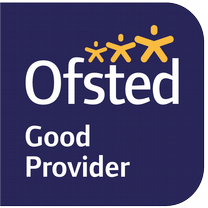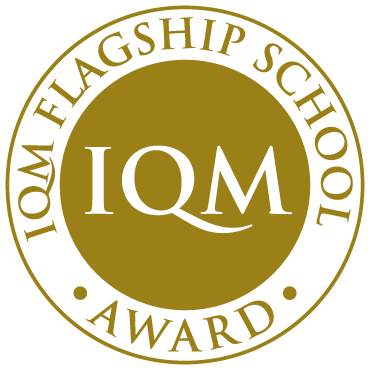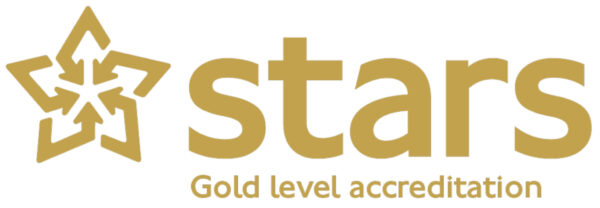|
Bush Hill Park Primary School Curriculum Rationale |
|
Children will leave Bush Hill Park Primary School: At Bush Hill Park Primary School, we are committed to our school values of respect, resilience and responsibility. Our curriculum is designed to provide stretch and challenge for all pupils and to enable children to find wonder in and to question the world around them. The National Curriculum is both our start and end point and through careful progression planning and sequencing, we aim to ensure that all children have equitable access to a broad and balanced curriculum that enhances life experiences for all. We are developing a knowledge rich, vocabulary heavy curriculum that provides children with a variety of experiences, skills and knowledge in order to encourage future aspirations. We have created opportunities within the curriculum to nurture the whole child, from their physical development through to their mental health and wellbeing, specifically through incorporating problem solving, creativity, knowledge and resilience in order to best prepare children for their futures. |

|
Our Key Curriculum Drivers |
|||
|
Never a missed reading opportunity “There are twenty-six letters in all”, she said. “You will learn each of them, and once you know them, you can mix them as you will, and then use them to form the words of the world and the things of the world. You can write of everything – what is and what was and what might yet be.” Kate DiCamillo |
Vocabulary Development ‘The limits of my language mean the limits of my world’ Ludwig Wittgenstein |
Diversity ‘We should … live our lives in a state of inclusion and wonder at the diversity of humanity’ George Takei |
Respect, Resilience and Responsibility (School values) ‘The time is always right to do what is right’ Martin Luther King. |
|
The reading culture at Bush Hill Park Primary School extends into all aspects of the school and the wider community. There is never a missed opportunity to read. Adults choose rich and challenging texts to share daily with their class. All children have the opportunity to be heard reading and to find joy in the books around them. |
Children are all exposed to a rich, multi-discipline vocabulary, not only through all subject areas but in their daily interactions with all members of staff in the school who demonstrate a wide vocabulary. |
Children see themselves and their families reflected in our curriculum. All children have a strong sense of belonging. They have an appreciation for our diverse curriculum and find curiosity and excitement in learning from others. |
The school values can be found across the school and the curriculum. They are taught both explicitly and discretely and they prepare children with the confidence to find success in the world beyond primary school. |
|
Organisation of curriculum |
|
|
Excellent Teaching and Learning |
|||||||||
|
School Routines and Consistent Practices |
|||||||||
|
Pace |
Urgency |
High Expectations |
No Excuses |
Relentless Routines |
|||||
|
Core principles of excellent teaching |
|||||||||
|
Challenge |
Explanation |
Modelling |
Practice |
Feedback |
High Order Questioning |
||||
|
Breaking down barriers (SEN, Disadv, PP, EAL) |
|||||||||
|
|||||||||




